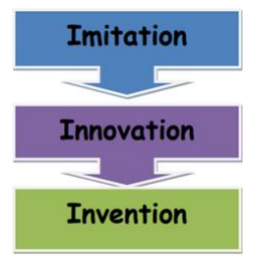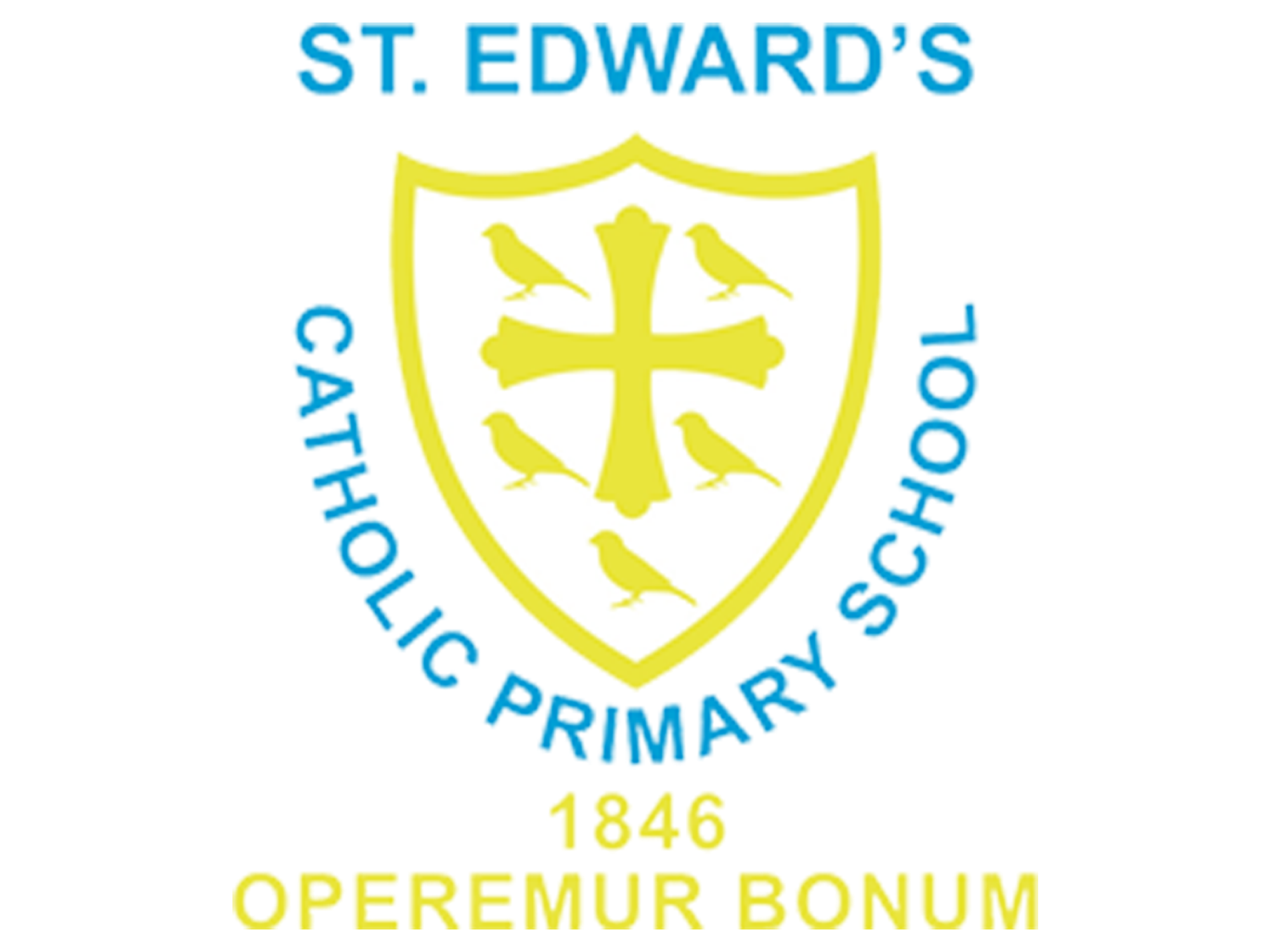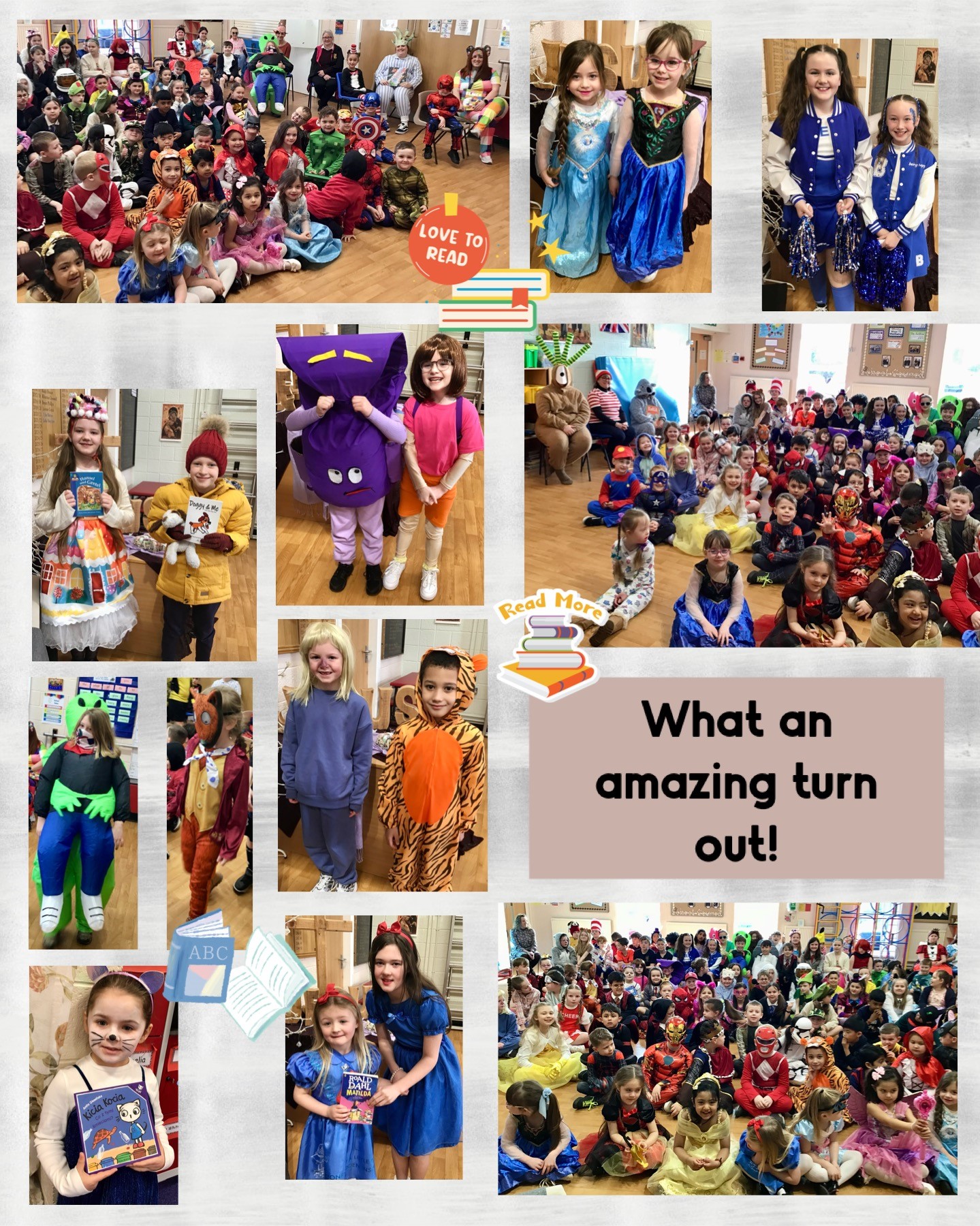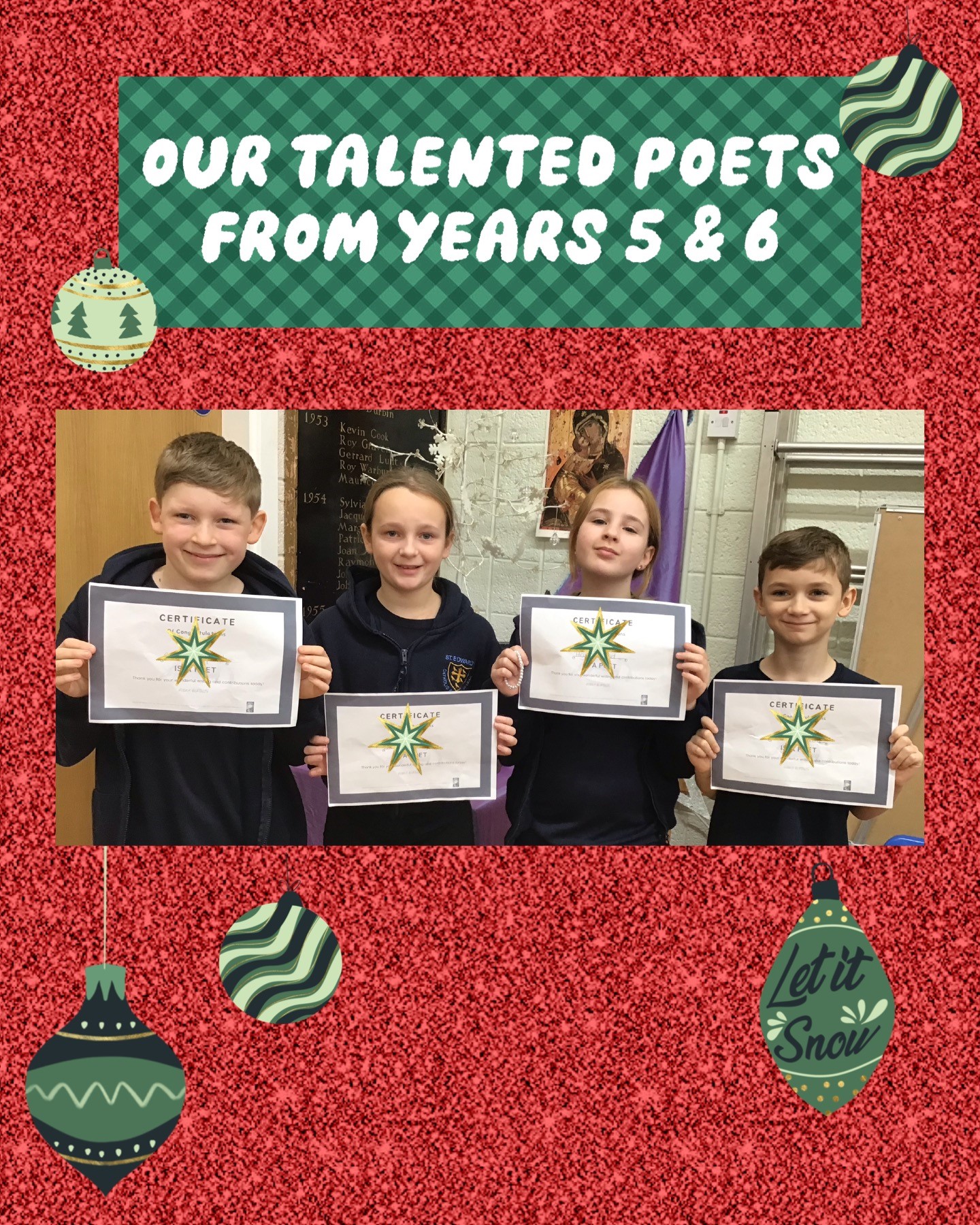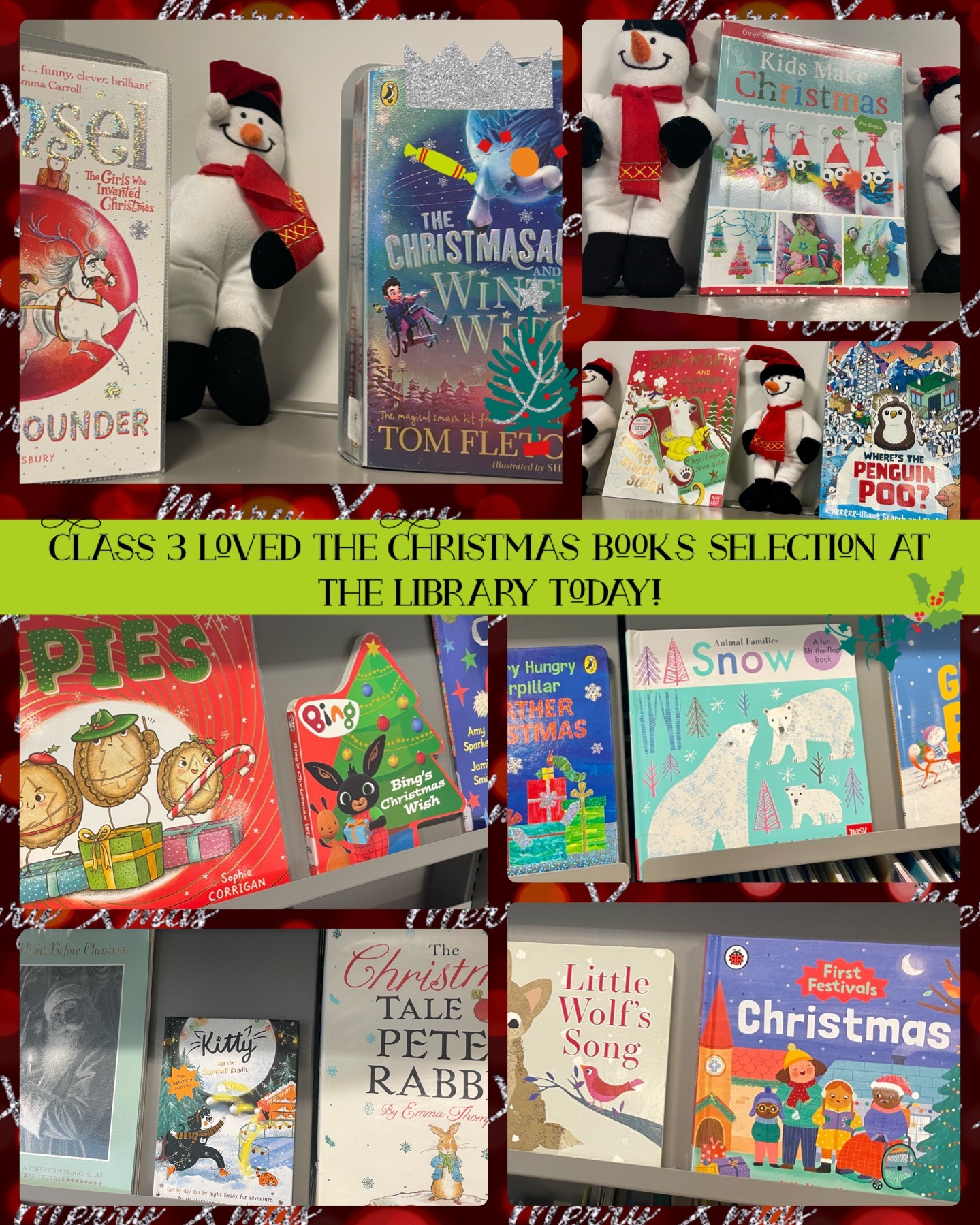English Curriculum
When teaching English, we follow the 2014 National Curriculum Programme Of Study and teachers plan according to pupil need. We recognise that a sound understanding of English is critical for our children to be able to fully access learning in all subject areas; therefore, we offer high quality learning experiences in English on a daily basis.
To develop phonic understanding we use the Read, Write Inc scheme. This begins in Reception Class and is usually completed at some point in year 2. This is a systematic scheme in which children are taught the 44 speech sounds (phonemes) of the English language. They are gradually taught the written representations of these sounds (graphemes). Alongside this, we give children high-frequency words to learn. Some of these words do not follow the regular phonetic rules and therefore need to be learnt on sight. Further information on phonics is available on our dedicated phonics page.
Our children access regular whole class reading sessions in order to develop their reading skills. This is to ensure our children can fully understand the range of texts that they will encounter as well as developing their fluency, intonation, pace and expression when reading. Where necessary, children will receive additional interventions, 1:1 or small group reading support, to ensure all children become confident readers.
We encourage a love of reading and each class has a reading area or library from which they can choose from a range of books. We also have a school library where the children can select a book from. St. Edward’s has a reading spine, where children in each year group will be exposed to an ever expanding range of texts.
Our home reading scheme is matched to children’s RWI reading stage and their phonetic stage and children are encouraged to read on a daily basis at home.
As a school, we have adopted Talk4Writing to improve children’s reading and writing skills through developing the ability to understand vocabulary, retell stories, develop their comprehension skills and to explore the many different types of stories which they may encounter. Texts that the children study have been carefully selected to ensure that they are of a high quality and, where possible, they are linked to topic work. This is a purposeful decision to ensure that the children have a deeper understanding of their topic work.
In the Foundation Stage, the children access a variety of literacy developing stimuli in English lessons. They will write about these stimuli and the real life experiences they encounter. There is a large focus on the children’s personal interests, so this is the platform from which most learning takes place. Again, children use RWI for their phonics and follow our Talk4Writing programme. They have their own class set of books from our reading spine.
From Key Stage One onwards, each class focusses on a book or novel each half-term (termly for years 5 & 6 when the novels are more complex).
There are 3 distinct stages followed when studying each writing unit. The first is the immersion stage. At the beginning of this stage, the children write an independent ‘Cold task’ to assess their current knowledge and understanding of that particular genre. This task enables teachers to plan for the necessary learning required for each child to make progress in their reading and writing skills. Children will then become ‘immersed’ in the text type so that they understand what is required to write this genre effectively.
The next stage is the innovation stage. During this stage, teachers will model a new version which emulates the model text from the previous stage. Children will then innovate their own piece and teachers will discuss and support the children to improve their writing through feedback and intervention as appropriate.
Substitution: change the settings or characters
Addition: add in something new to the story
Alteration: changing a part of the story e.g. a different ending
Viewpoint: writing from a different person or character’s point of view.
The final stage is independent application. By now, the children will have a sound understanding of what a good example of this genre looks like, and they have a further chance to write independently to showcase their new learning. This is called the ‘Hot task’. Teachers will endeavour to give further opportunity for children to independently apply their learning through topic work or independent responses to reading.
Grammar, punctuation and spelling are inter-weaved throughout each unit of work. Additional sessions outside the unit of work will also take place to ensure that children revise and retain previous knowledge taught, as we recognise the importance of children revising and consolidating previous learning.
Children access ‘Letter Join’ in school and at home to enhance their handwriting in an engaging way.
The Talk for Writing Process: There are three phases in the Talk for Writing process:
